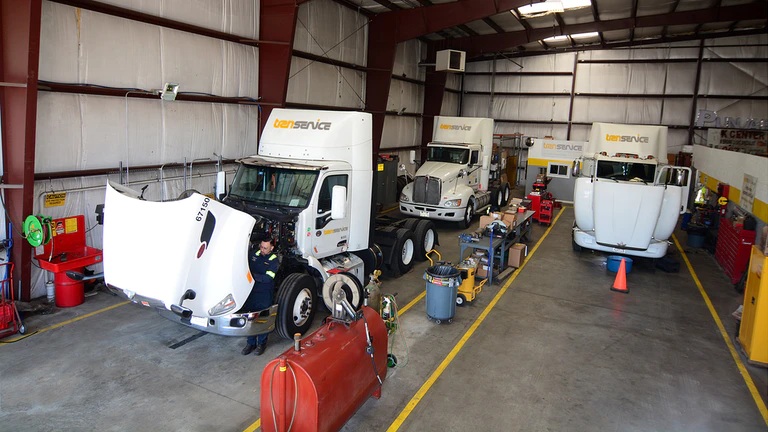In order to continue to be successful, businesses must constantly strive to improve and adapt to the changes that seem to be coming at us at a dizzying pace. In the late 1980s the concept of kaizen was introduced to the U.S. business world. Kaizen, as we came to know it, is a Japanese word that means “continuous improvement”.
I think for some businesses that means doing a thorough review of their operation every year or so and then making changes based on the gaps they find. And while I am not discounting the need for a thorough review of operations on a regular basis, I am also a fan of making small improvements on an ongoing basis. That to me is what continuous means; finding small areas where you can do better and making the incremental changes or tweaks needed to achieve a small improvement. Make enough small changes and the result is real improvement.
The best way to make sure your business is continually improving is to engage all of your employees in the process. They are in the best position to identify ways processes and practices can be improved. Who better to tell you where the stumbling blocks are in the repair process then the technicians who have to overcome those obstacles every day? The same can be said about other departments, too, like accounting and safety to name a few.
When you get your employees involved in helping your business continually improve, be clear that you are not necessarily looking for sweeping changes — although you certainly will consider making a big change if it makes sense. Ask your employees for ideas that can make them one or two percent more efficient, or faster or safer. This serves two purposes. It makes buy-in from other employees easier because they see the idea for the change came from one of their peers; they are less likely to see the change as just another directive from management. And because the change is small you all but eliminate the innate fear of change that many people have when they see big changes coming.
Another bonus of making these small changes is that they are usually relatively inexpensive to do so they won’t bust the budget and pay for themselves in a reasonably short period of time.
Given how quickly things are changing around us, focusing on continually improving makes you agile and better able to respond to changes as they occur which can give you a competitive advantage.
When it comes to improving your business, those small steps added together lead to one giant leap. The adage, “The business has changed. Have you?” has never been truer than it has been over the past several years.
Joseph Evangelist joined Transervice in 2007 and currently serves as executive vice president of sales, operations and staff responsibilities. Heavily involved in new business development and account management, his day-to-day focus consists of post-acquisition assimilation planning to maximize new growth and business combination opportunities.
CUT COTS OF THE FLEET WITH OUR AUDIT PROGRAM
The audit is a key tool to know the overall status and provide the analysis, the assessment, the advice, the suggestions and the actions to take in order to cut costs and increase the efficiency and efficacy of the fleet. We propose the following fleet management audit.




